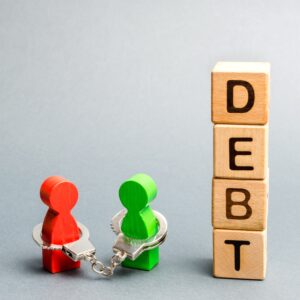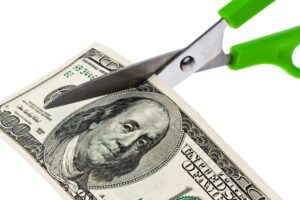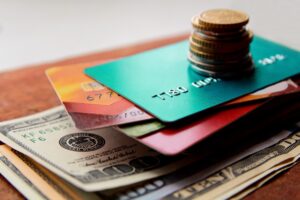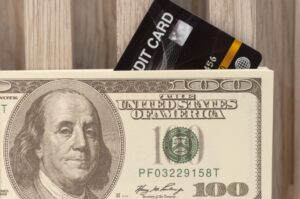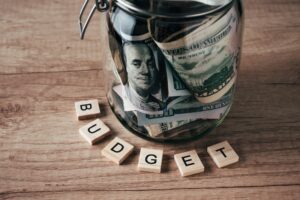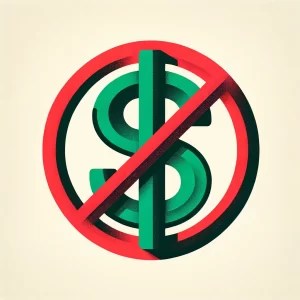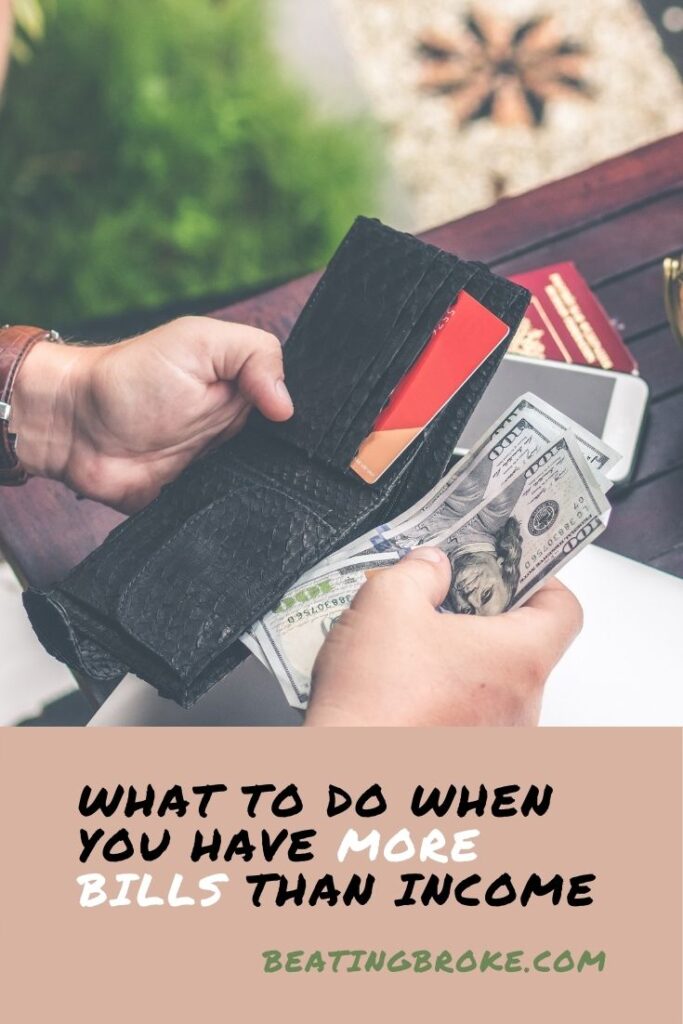Managing debt is a topic fraught with anxiety for many. Mainstream financial advice often revolves around traditional strategies like consolidating loans or cutting back on spending. However, numerous unconventional and sometimes controversial approaches to debt management seldom make it into the typical advice columns. Here are 14 unpopular opinions on managing debt that challenge the norm and could provide alternative solutions for your financial woes.
1. Don’t Rush to Pay Off Student Loans
Conventional wisdom urges us to eliminate student debt as quickly as possible. However, if you have federal student loans, these often have lower interest rates compared to other debts. Focusing on higher-interest debts, like credit card balances or high-interest personal loans, might save you more money over time. Plus, federal loans come with protections like deferment, forbearance, and income-driven repayment plans that other debts do not offer.
2. Sometimes It’s Okay to Prioritize Investments Over Debt Payments
This is a contentious issue among financial experts, but there can be merit in prioritizing investments over rapid debt repayment, especially if the debt carries a very low interest rate. If the return on your investments could surpass the interest accumulating on your debt, this strategy might lead to greater net worth in the long run. It’s a riskier approach and requires careful market understanding and risk assessment.
3. Maintaining Some Debt Can Benefit Your Credit Score
Completely wiping out your debt might actually hurt your credit score. Credit utilization—how much credit you are using compared to how much you have available—is a significant factor in credit scoring. Maintaining some level of debt and making regular, on-time payments can demonstrate to creditors your reliability, potentially boosting your credit score.
4. Use Windfalls for Yourself, Not Just Your Debts
When you receive a financial windfall, such as a tax refund or a bonus, the typical advice is to apply this money directly to your debt. However, using a portion for something personally meaningful or rewarding can be motivating and reduce burnout from constant self-denial. This approach helps maintain a balanced outlook toward financial management.
5. Refusing to Cut Out All Discretionary Spending
Cutting all discretionary spending is often touted as a quick way to free up money for debt repayment. However, maintaining some level of discretionary spending can make your financial plan sustainable and more enjoyable in the long term. This strategy can prevent the resentment and fatigue that often derail debt repayment plans.
6. Debt Consolidation Isn’t Always the Answer
Debt consolidation can lower monthly payments and simplify financial management, but it’s not a panacea. Consolidating debts might lead to longer payment terms or higher overall interest costs. Essentially, reading the fine print and understanding the long-term implications before going this route is critical.
7. Not All Debt is Bad Debt
There’s a growing narrative that all debt is inherently bad. However, some debts, like mortgages or business loans, are considered ‘good’ because they represent an investment in your future. Understanding the difference between oppressive and constructive debt is key to managing finances wisely.
8. You Can Negotiate Your Interest Rates
Many believe that interest rates on debts are fixed. However, you can often negotiate these rates with your creditors, especially if you have a history of timely payments and good credit. Reducing your interest rates can make a significant difference in how quickly you can pay off your debt.
9. Paying Off Small Debts First Isn’t Always Optimal
The snowball method, paying off the smallest debt first for a psychological boost, is very trendy. However, the avalanche method, where you pay off debts with the highest interest rates first, can save you more money over time. Choosing the correct method depends on your personal psychological needs and financial circumstances.
10. Use Cash, But Don’t Completely Cut Off Credit Cards
Following debt accumulation, a common suggestion is to cut up all your credit cards. However, using cash for all transactions is not always practical or safe. Instead, using credit cards wisely and paying off balances in full each month can help manage debt and improve your credit score.
11. Skipping Mortgage Payments Can Be Strategic
This is highly controversial, but in some cases, if you are facing financial hardship, skipping a mortgage payment to save cash for an emergency fund or to pay off higher-interest debt could be strategic. Be sure to communicate with your lender for potential options like forbearance.
12. You Don’t Always Have to Follow a Strict Budget
Strict budgeting is a cornerstone of traditional debt management advice. However, being overly restrictive can be unsustainable. An alternative approach is to monitor spending habits and make adjustments based on actual spending patterns and needs, allowing for more flexibility and personalization.
13. Invest in Quality to Save Money
Investing in high-quality products and services that last longer can be more financially prudent than repeatedly purchasing cheaper, lower-quality items. This principle applies to everything from appliances and clothing to cars and furniture.
14. Sometimes, Spending Money Can Be a Form of Saving
Investing in things like home energy improvements, professional development courses, or health and wellness can reduce costs in other areas of your life. This approach sees spending as an investment in reducing future expenses rather than just immediate cost-cutting.
Unpopular Opinions on Managing Debt Offer a Different Perspective
These unconventional opinions on managing debt offer a different perspective that might be better suited to certain financial situations and personalities. While they may not align with traditional advice, they provide alternative strategies that could lead to financial success when used wisely. Always consider your personal circumstances and, if necessary, consult with a financial advisor to determine the best strategies for managing your debt.
Read More:
Ditch the Debt: 8 Unconventional Tips to Achieve Financial Independence!
Debt Management 101: How To Break Free from Debt and Reclaim Your Finances
Catherine is a tech-savvy writer who has focused on the personal finance space for more than eight years. She has a Bachelor’s in Information Technology and enjoys showcasing how tech can simplify everyday personal finance tasks like budgeting, spending tracking, and planning for the future. Additionally, she’s explored the ins and outs of the world of side hustles and loves to share what she’s learned along the way. When she’s not working, you can find her relaxing at home in the Pacific Northwest with her two cats or enjoying a cup of coffee at her neighborhood cafe.

